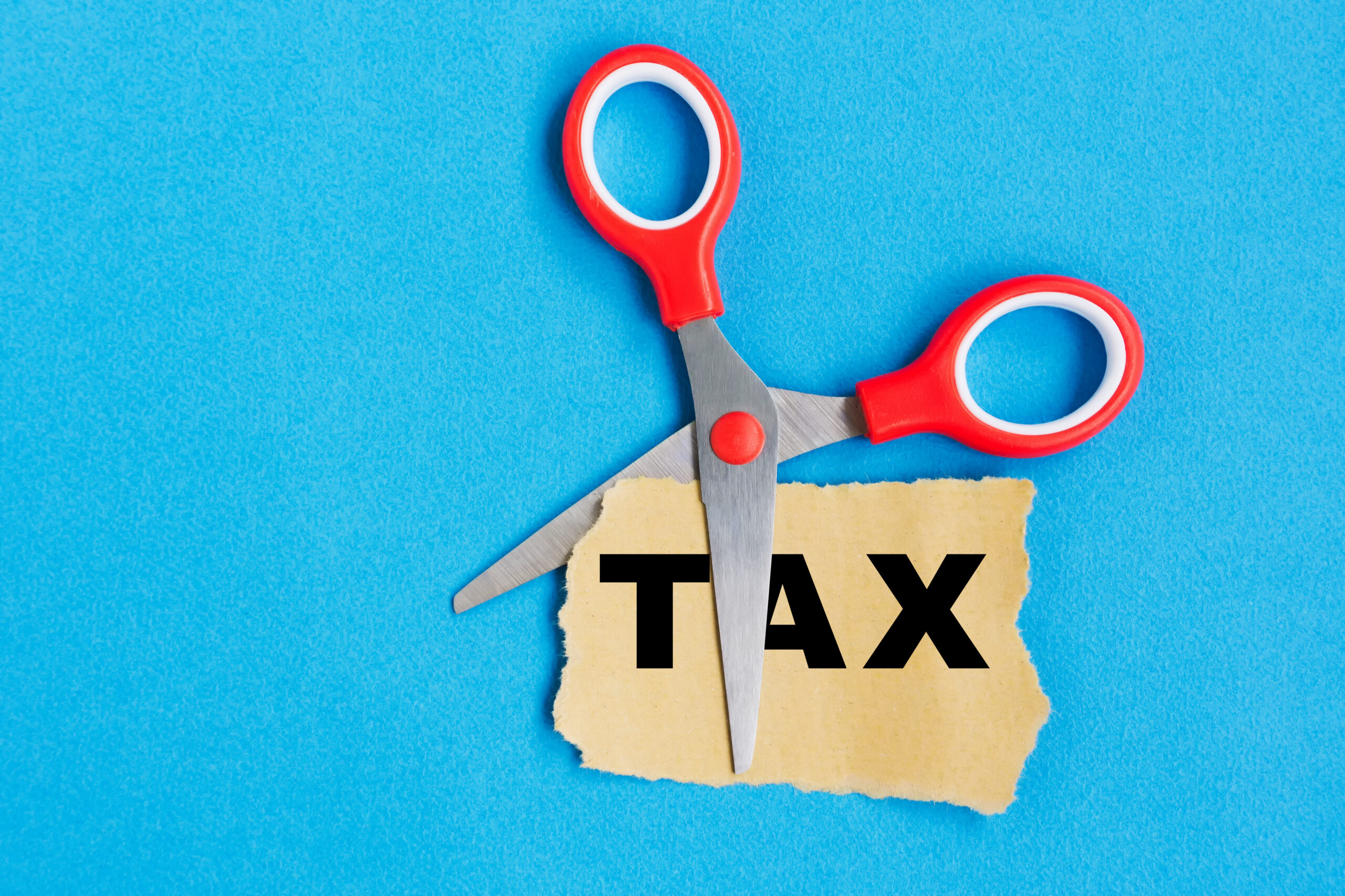Running a small business can be both rewarding and challenging, and tax season often feels like one of the more overwhelming parts of the job. The good news is that there are many tax deductions available to small business owners that can significantly reduce your taxable income and boost your bottom line. Knowing what you can deduct—and how to do it properly—can make all the difference.
At Shammas Tax, we’re passionate about helping small business owners navigate the complexities of taxes and take full advantage of every opportunity to save. In this blog, we’ll highlight the top 10 tax deductions you don’t want to miss and provide tips on how to claim them.
1. Home Office Deduction
If you run your business from home, you may qualify for the home office deduction. This covers the portion of your home used exclusively and regularly for business purposes.
What’s deductible?
- A percentage of your rent or mortgage.
- Utilities like electricity, internet, and water.
- Maintenance and repairs for your home office space.
To qualify, the space must be your primary place of business, and it must be used exclusively for work. The IRS offers a simplified method (based on square footage) or a detailed method using actual expenses.
2. Business Vehicle Expenses
If you use your car for business purposes, you can deduct vehicle-related expenses. This deduction applies whether you own or lease your vehicle.
What’s deductible?
- Mileage driven for business (the IRS standard rate for 2024 is 65.5 cents per mile).
- Actual expenses, including gas, maintenance, insurance, and depreciation.
Keep detailed mileage logs or receipts to substantiate your claim, and remember that commuting from home to work doesn’t qualify as a business expense.
3. Office Supplies and Equipment
From pens and paper to computers and printers, office supplies and equipment used for your business are fully deductible. Larger equipment purchases may need to be depreciated over time, but the Section 179 deduction allows you to deduct the full cost in the year of purchase for many items.
4. Business Meals
Entertaining clients or hosting business meetings over meals can be partially deductible. In 2024, you can typically deduct 50% of the cost of business meals, including food and beverages.
Tips for claiming this deduction:
- Keep detailed receipts, noting the date, location, attendees, and purpose of the meeting.
- Make sure the meal is directly related to your business activities.
5. Professional Services
Hiring professionals to support your business is often necessary, and their fees are deductible. This includes services like accounting, legal advice, IT support, and marketing consultants.
Why it matters:
These deductions not only save you money but also highlight the importance of investing in expertise to grow your business efficiently.
6. Marketing and Advertising
Promoting your business is essential for growth, and the money you spend on advertising and marketing is fully deductible.
What’s included?
- Social media ads.
- Website design and hosting.
- Print materials like flyers and business cards.
- Sponsorships and promotional events.
By keeping track of your marketing expenses, you can lower your taxable income while building your brand.
7. Employee Salaries and Benefits
If you have employees, their salaries, wages, and benefits are deductible. This includes health insurance, retirement plan contributions, and paid time off.
For contractors: Payments made to independent contractors are also deductible, but be sure to issue a 1099 form for any contractor paid over $600 in a year.
8. Rent or Lease Costs
If you rent an office, storefront, or workspace for your business, the cost is fully deductible. This includes utilities and maintenance fees tied to the rented space.
For businesses operating from home, only the portion of rent or mortgage related to the home office qualifies, as mentioned earlier.
9. Education and Training
Continuing education and professional development can enhance your skills and benefit your business. Expenses related to training, seminars, and certifications are deductible as long as they’re directly related to your industry.
What qualifies?
- Online courses or workshops.
- Industry conferences.
- Books and materials related to your profession.
Investing in education not only helps your business but also reduces your tax burden.
10. Business Insurance
Insurance premiums for policies related to your business are deductible. This includes general liability insurance, workers’ compensation, and property insurance. Health insurance for employees or self-employed individuals can also qualify for deductions.
Pro tip:
Review your insurance coverage regularly to ensure you’re adequately protected while taking advantage of these deductions.
Tips for Maximizing Your Deductions
To make the most of these deductions, it’s important to stay organized and maintain accurate records. Here are a few tips:
- Keep receipts and invoices: Documentation is essential for proving your deductions in case of an audit.
- Use accounting software: Tools like QuickBooks can simplify tracking expenses and generating reports.
- Separate personal and business finances: Having a dedicated business bank account and credit card helps avoid confusion and keeps your records clean.
- Consult a tax professional: A knowledgeable accountant can help you navigate complex tax laws and ensure you’re not missing out on deductions.
Final Thoughts: Take Control of Your Taxes
Taxes don’t have to be a source of stress. By understanding and utilizing the deductions available to you, small business owners can save money and reinvest those savings back into their business. Whether you’re just starting out or have been in business for years, these deductions can help you keep more of what you’ve earned.
At Shammas Tax, we’re here to guide you through the process and ensure you’re taking full advantage of every opportunity to save. If you have questions or need personalized assistance, don’t hesitate to reach out. Together, we can make tax season work for you, not against you. Let’s get started!
